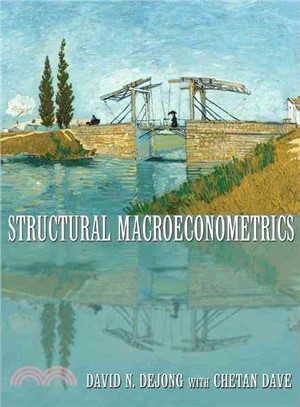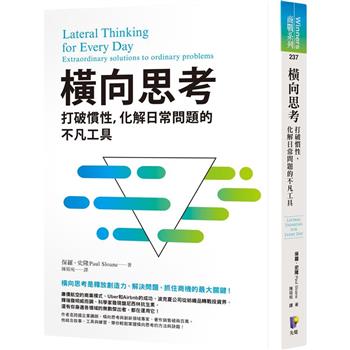圖書簡介Methodologies for analyzing the forces that move and shape national economies have advanced markedly in the last thirty years, enabling economists as never before to unite theoretical and empirical research and align measurement with theory. InStructural Macroeconometrics, David DeJong and Chetan Dave provide the unified overview and in-depth treatment analysts need to apply these latest theoretical models and empirical techniques.
The authors' emphasis throughout is on time series econometrics. DeJong and Dave detail methods available for solving dynamic structural models and casting solutions in the form of statistical models with empirical implications that may be analyzed either analytically or numerically. They present the full range of methodologies for characterizing and evaluating these empirical implications, including calibration exercises, method-of-moment procedures, and likelihood-based procedures, both classical and Bayesian. The book is complete with a rich array of implementation algorithms, sample empirical applications, and supporting computer code.
Structural Macroeconometrics is tailored specifically to equip readers with a set of practical tools that can be used to expedite their entry into the field. DeJong and Dave's uniquely accessible, how-to approach makes this the ideal textbook for graduate students seeking an introduction to macroeconomics and econometrics and for advanced students pursuing applied research in macroeconomics. The book's historical perspective, along with its broad presentation of alternative methodologies, makes it an indispensable resource for academics and professionals.











